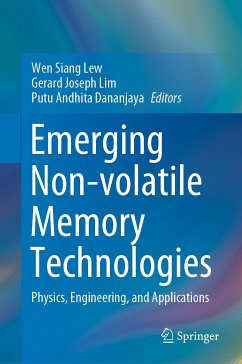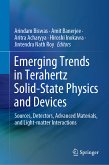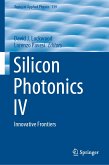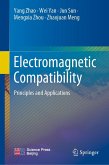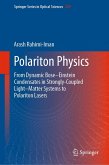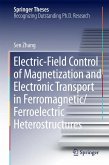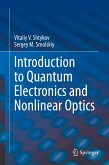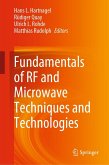This book offers a balanced and comprehensive guide to the core principles, fundamental properties, experimental approaches, and state-of-the-art applications of two major groups of emerging non-volatile memory technologies, i.e. spintronics-based devices as well as resistive switching devices, also known as Resistive Random Access Memory (RRAM). The first section presents different types of spintronic-based devices, i.e. magnetic tunnel junction (MTJ), domain wall, and skyrmion memory devices. This section describes how their developments have led to various promising applications, such as microwave oscillators, detectors, magnetic logic, and neuromorphic engineered systems. In the second half of the book, the underlying device physics supported by different experimental observations and modelling of RRAM devices are presented with memory array level implementation. An insight into RRAM desired properties as synaptic element in neuromorphic computing platforms from material and algorithms viewpoint is also discussed with specific example in automatic sound classification framework.
Dieser Download kann aus rechtlichen Gründen nur mit Rechnungsadresse in A, B, BG, CY, CZ, D, DK, EW, E, FIN, F, GR, HR, H, IRL, I, LT, L, LR, M, NL, PL, P, R, S, SLO, SK ausgeliefert werden.
Hinweis: Dieser Artikel kann nur an eine deutsche Lieferadresse ausgeliefert werden.

